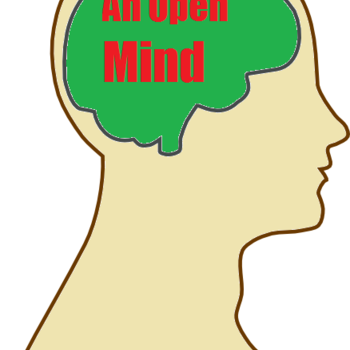Question #4a115
1 Answer
Well first lets look at the definition. According to dictionary.com, an empire is "a group of nations or peoples ruled over by an emperor, empress, or other powerful sovereign or government: usually a territory of greater extent than a kingdom..."
The answer to the question of what makes a civilization an empire is much more controversial and complex than you might think. According to the definition, in order to be an empire you need to control a "group of nations" as well as a "group of people".
There are some clear examples of civilizations that meet these requirements, for simplicity lets stick with a very well known one, the Roman Empire. The Roman Empire conquered many different nations and other powerful empires, so it meets requirement number one. It also controlled an incredibly vast and diverse population from modern day England to Egypt, making it easily meet requirement number two.
So does that mean that by just meeting those two requirements any nation can become an empire? No, not exactly.
Before the Roman Empire there was the Roman Republic. The Roman Republic meets both of these requirements, but the Roman Republic isn't considered an empire because it wasn't controlled by a single person. It's main governing body consisted of the senate and the two consuls. The Roman Republic became an empire once Augustus, also known as Octavian and the son of the mighty Roman general Julius Caesar, became emperor (which he denied the title of taking "First Among Equals" instead, nonetheless) in 27 B.C.E., thus unifying the Republic under a single ruler.
This was all despite the fact that the senate and consuls still existed, yet they had little to no power. Now of course someone doesn't need to be an emperor to rule an empire, there are other titles they can assume.
The controversial part of this argument is at where do we draw the line between a ruler being an 'emperor' ruling over an empire. Some people might say: "Is the United States and empire? It meets requirements one and two? And if you think about it the president is just an emperor ruling over his American Empire." I am not here to argue that, but there are areas that we make distinctions.
An emperor, usually, has absolute power. This includes complete control of the military, the passage of laws, decision making in foreign affairs, etc. The American President certainly does not. Just before I move on, if a nation has an absolute ruler that does not make it an empire either as it doesn't meet the first two requirements.
This is why, for example, the city states of ancient Greece aren't considered a part of the "Greek Empire". Basically, in order to be an empire all three requirements must be meet:
- Controls a group of nations.
- Controls a group of people.
- As an absolute ruler/emperor.
Now for the second part of the question. An emperor can contribute to the rise of an empire by leading it in battle and conquering new lands, Cyrus the Great, Alexander the Great, Genghis Khan, Sargon of Akkad, etc.
An emperor can also help an empire rise by ensuring its stability, yet some do this better than others. Alexander the Great's empire crumbled into a group of Macedonian kingdoms soon after his death as Alexander was a great conqueror, but not such a good builder, let alone peace keeper.
Other rulers, such as Augustus, would lay down the foundation for future emperors, and ensure stability and prosperity for their empires for generations.
Hope my answer helped :)


